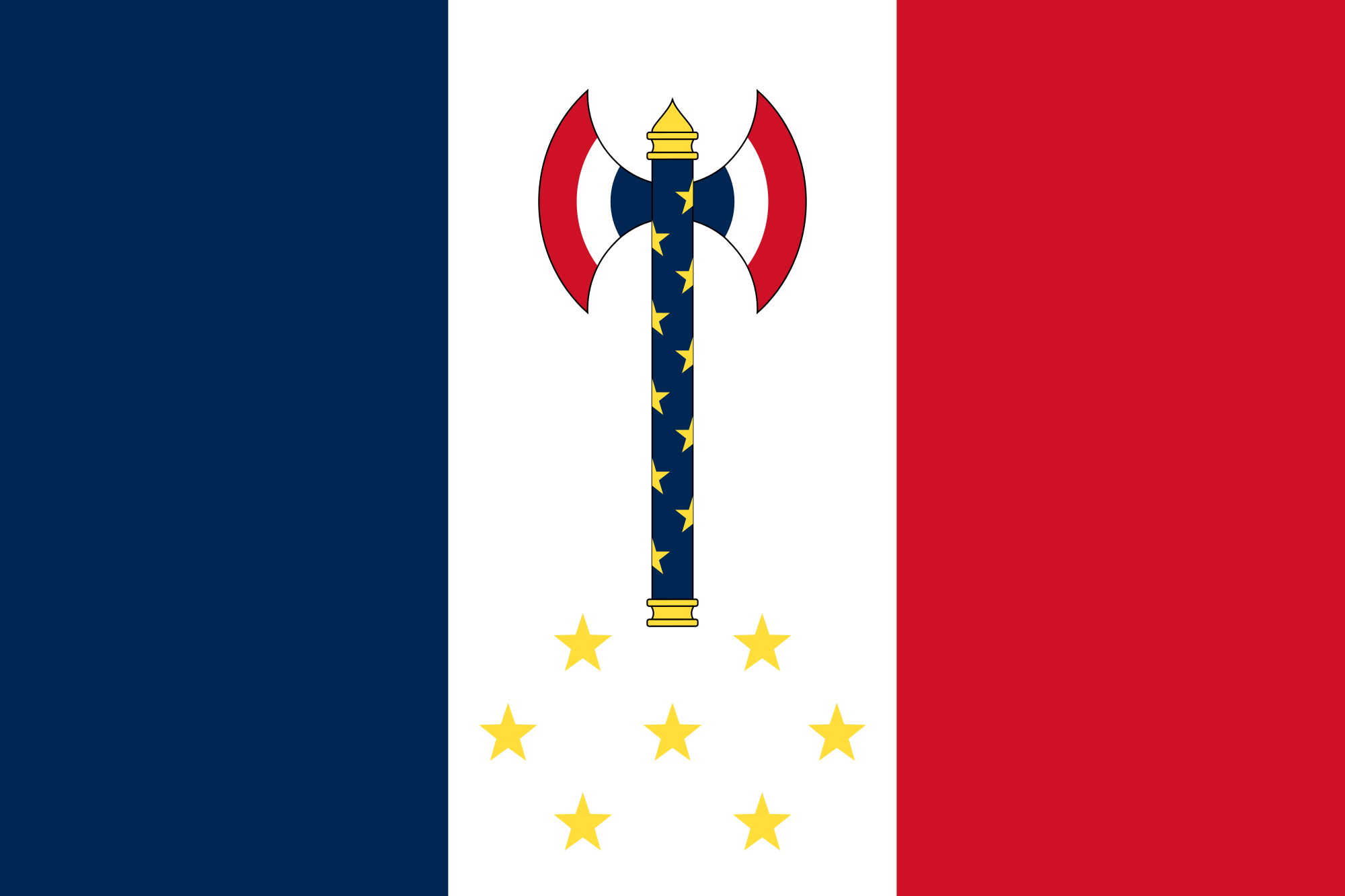
In a previous piece I noted how resistance against tyranny is a demand of the counter-revolutionary worldview. I argued that the use of political violence was not intrinsically at odds with the counter-revolutionary position. In this piece I would like to emphasise how this can by exemplified with a concrete historical example from the previous century. In the birthplace of the Revolution – where the Enlightenment found its greatest manifestation – France, we also saw the establishment of the first profoundly counter-revolutionary state in post-Enlightenment Europe: Vichy France. This state, which lasted from 1940 to 1944, was instituted by the French Prime Minister at the time, Philippe Pétain.
Pétain was regarded as a national hero because of his heroics in the First World War. Once in power, however, Pétain immediately moved to make peace with Germany and dissolve the Third French Republic, establishing the state of Vichy France.
The new state had to suppress those military forces who remained loyal to the old government and allied regime, called the French Resistance.
The Christian counter-revolutionary nature of the state was nowhere better exemplified than in its replacement of the revolutionary motto of Liberté, Égalité, Fraternité (Freedom, Equality, Brotherhood) with its own tripartite motto: Travail, Famille, Patrie (Labor, Family, Fatherland). Pétain himself explained his counter-revolutionary opposition to the ideologies of the Enlightenment:
When our young people . . . approach adult life, we shall say to them . . . that real liberty cannot be exercised except under the shelter of a guiding authority, which they must respect, which they must obey. . . . We shall then tell them that equality [should] set itself within the framework of a hierarchy, founded on the diversity of office and merits. . . . Finally, we shall tell them that there is no way of having true brotherhood except within those natural groups, the family, the town, the homeland.1
A national counter-revolutionary program, ironically called the Révolution Nationale, was implemented on the basis of the ideology underlying the counter-revolutionary triad. Charles Maurras, an outspoken counter-revolutionary Roman Catholic, was the program’s ideological father.
Maurras opposed the Enlightenment as a negative development on the West and the French people. He rejected equality and democracy and favoured a royalist, decentralized state with a national Church as protector of the moral order. On an economic level he favoured the re-institution of guilds – a kind of corporatism as an alternative to both capitalism and socialism. His theory of integral nationalism stood directly opposed to liberal civic nationalism in its view of the nation as an organic unity, albeit with a strong hierarchical structure.
The Révolution Nationale followed this ideology and made the following reforms in France:
– Measures to oppose the influence of Communists and Freemasons in the country
– Criminalization of homosexuality
– An ethnicity-based form of citizenship and promotion of ethnonationalism
– Corporatist reforms of the economy to oppose both capitalism and socialism
– A pro-agrarian policy that strove to curb the process of urbanization
– Restoration of patriarchal social and familial structures and tightening of divorce laws
– Intensifying the punishment for committing abortions
– Reinstatement of a Roman Catholic curriculum in secular public schools
Vichy France serves as a prime example of how counter-revolutionaries practically acted in reforming their nation and state in a distinctly non-pacifistic manner. Pétain was a war hero and not one to shy away from a physical conflict. The counter-revolutionary program implemented in Vichy France was even called a “National Revolution,” which changes nothing with regards to its counter-revolutionary nature given its anti-Enlightenment epistemic and philosophical basis. Vichy France implemented this all in the midst of strong opposition both at home and abroad. Even though the French government was not violently overthrown, it was a revolutionary shift in political authority that the men of Vichy France defended with violence against loyalists of the French Republic. It is a good example of a major political revolution in the midst of a brutal war, and it has a fundamentally counter-revolutionary character.
Modern-day Christian nationalist movements, such as those in Poland and Hungary and those now emerging all over the West, may in the very near future have to actively intensify their resistance to godless leaders in Brussels, and they would be right in doing so. It is our duty as children of God to engage in active resistance against tyranny – that is, to not remain content with being mere sociopolitical critics and a witnessing voice for the gospel, but, if need be, to actively engage in building the Kingdom of Christ proclaimed by that gospel.
Footnotes
- Maréchal Pétain, Politique sociale de l’avenir (Future Social Policy) , La Revue des Deux Mondes, 15 September 1940 ↩
| Tweet |
|
|
|




